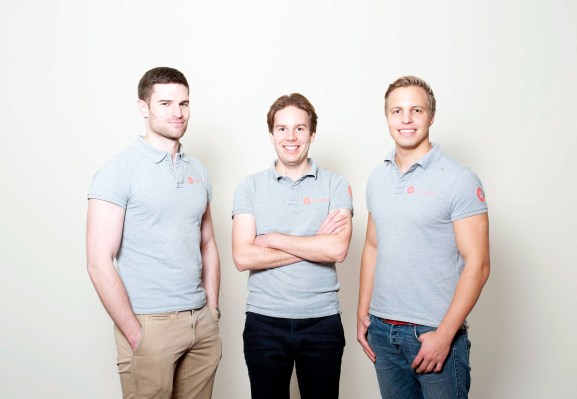Rocket Internet, the publicly listed German company builder and investor, has quietly launched a new startup in Berlin called Pflegetiger (“care tiger”), joining a host of other upstarts entering the huge and potentially lucrative home care services market.
However, unlike neighboring Careship or the U.K.’s HomeTouch (which, rather curiously, is also backed by Rocket Internet via its venture arm GFC), Pflegetiger has chosen a “full-stack” business model, employing its care professionals directly rather than operating a gig economy-styled marketplace.
“We believe that only the full-stack model allows us to assure our quality promise to the customers and the care professionals,” Pflegetiger co-founder and CEO Moritz Lienert tells me. “Pflegetiger wants to offer the best and most attractive job in the German in-home care market. Creating a great place to work and being an attractive employer includes offering care professionals an employment contract and all the benefits that come with it.”
In addition, employing care professionals directly enables the company to offer continuous training and the ability to “keep a close eye on care quality” and therefore its brand. But, perhaps crucially, it is also required by the German insurance companies in order to be registered as a provider of basic and medical care services, and therefore eligible to be reimbursed.
“We have reimbursement contracts for our basic care and medical care services with most major German insurance companies,” Lienert says. “Hence, our services are paid for by these insurance companies. Only a small part of our revenues is directly paid for by the customers.”
Another aspect that Lienert claims differentiates Pflegetiger from many traditional care providers in Germany is that the startup’s caregivers provide both personal care (e.g. dressing, bathing, food preparation, etc.) and medical care, such as administering injections.
This means that, in theory, staff can spend more time with each client and do less traveling per job, because they are combining two otherwise separate roles. Or so Lienert claims.
He also says traditional care service providers in Germany typically require staff to go to the office each morning and get set up for the day, whereas Pflegetiger is using tech to operate an entirely distributed company. This includes smart scheduling software that ensures work is as local to where a caregiver lives as possible and that each client visit is close to the next.
Of course, that requires the right kind of scale in order to match hyper-local supply and demand, hence the company’s attempt to roll up multiple home care services and its focus on a single city at launch. It will also likely be more capital-intensive, given Pflegetiger’s “full-stack” model and direct employment of care professionals, something its CEO readily admits.
Adds Lienert: “We focus on elderly in-home care and serve clients with basic care needs (e.g. showering) and medical care needs (e.g. injections). Additionally, we offer companionship services and household support to our clients. Therefore, we are a single point of contact for our clients in in-home care needs.”
